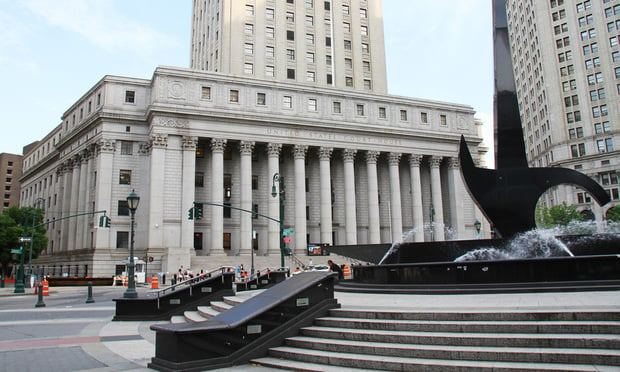The case is Paganas v. Total Management Solutions, LLC, a summary order issued on March 12. We consider the Executive Exemption to the overtime laws. This exemption says you don't get OT if you are fulfilling certain executive duties. Here is the test:
Under a four-factor test promulgated by the DOL, an "employee employed in a bona fide executive capacity" means any employee: (1) "[c]ompensated on a salary basis pursuant [above a prescribed level]"; (2) "[w]hose primary duty is management of the enterprise in which the employee is employed or of a customarily recognized department or subdivision thereof"; (3) "[w]ho customarily and regularly directs the work of two or more other employees"; and (4) "[w]ho has the authority to hire or fire other employees or whose suggestions and recommendations as to the hiring, firing, advancement, promotion or any other change of status of other employees are given particular weight."Weighing these factors, the Court (Calabresi, Chin and Carney) says the $80,000 salary and plaintiff's supervisory duties (over six cleaners) factor against overtime pay. But other factors make this a ballgame. We are not sure plaintiff's primary duties were management. While he did supervise buildings and six employees, he testified that 90 percent of his work was non-supervisory physical cleaning. While the district court said this testimony was not credited, that is not the trial court's role on a summary judgment motion; that's for the jury.
As for the fourth factor, plaintiff testified that he never recommended disciplinary action against porters, had no authority to hire and fire and never made recommendations to hire, promote or fire anyone. And even if he did make recommendations, there is no evidence that his recommendations were "given particular weight," as per FLSA regulations. "[A]n occasional suggestion with regard to the change in status of a co-worker' is not sufficient to show that an employee's recommendations . . . were given a particular weight." What it all means is this case returns to the district court to let the jury work it out.



 U.S. Court of Appeals for the Second Circuit.
U.S. Court of Appeals for the Second Circuit.
